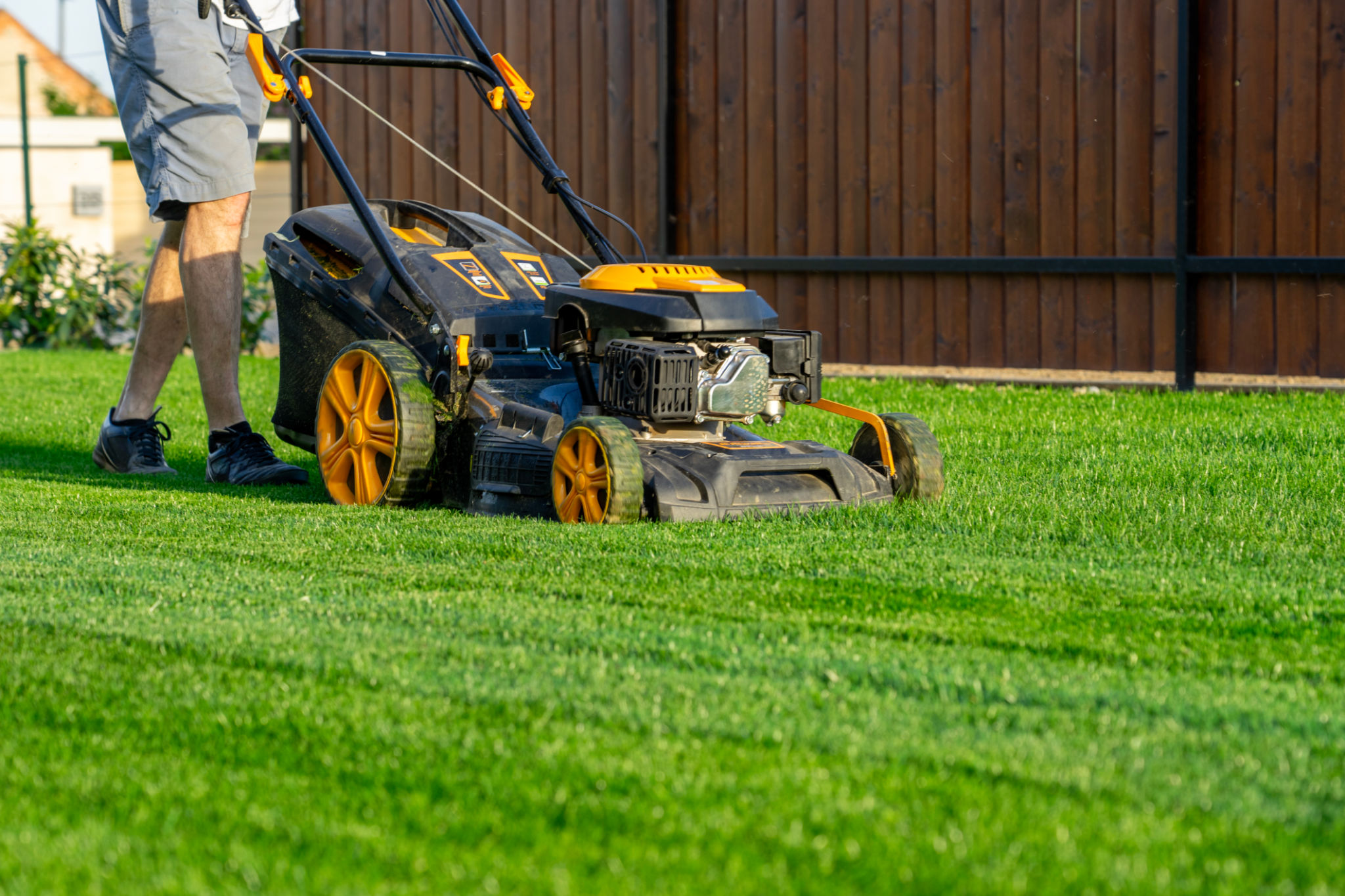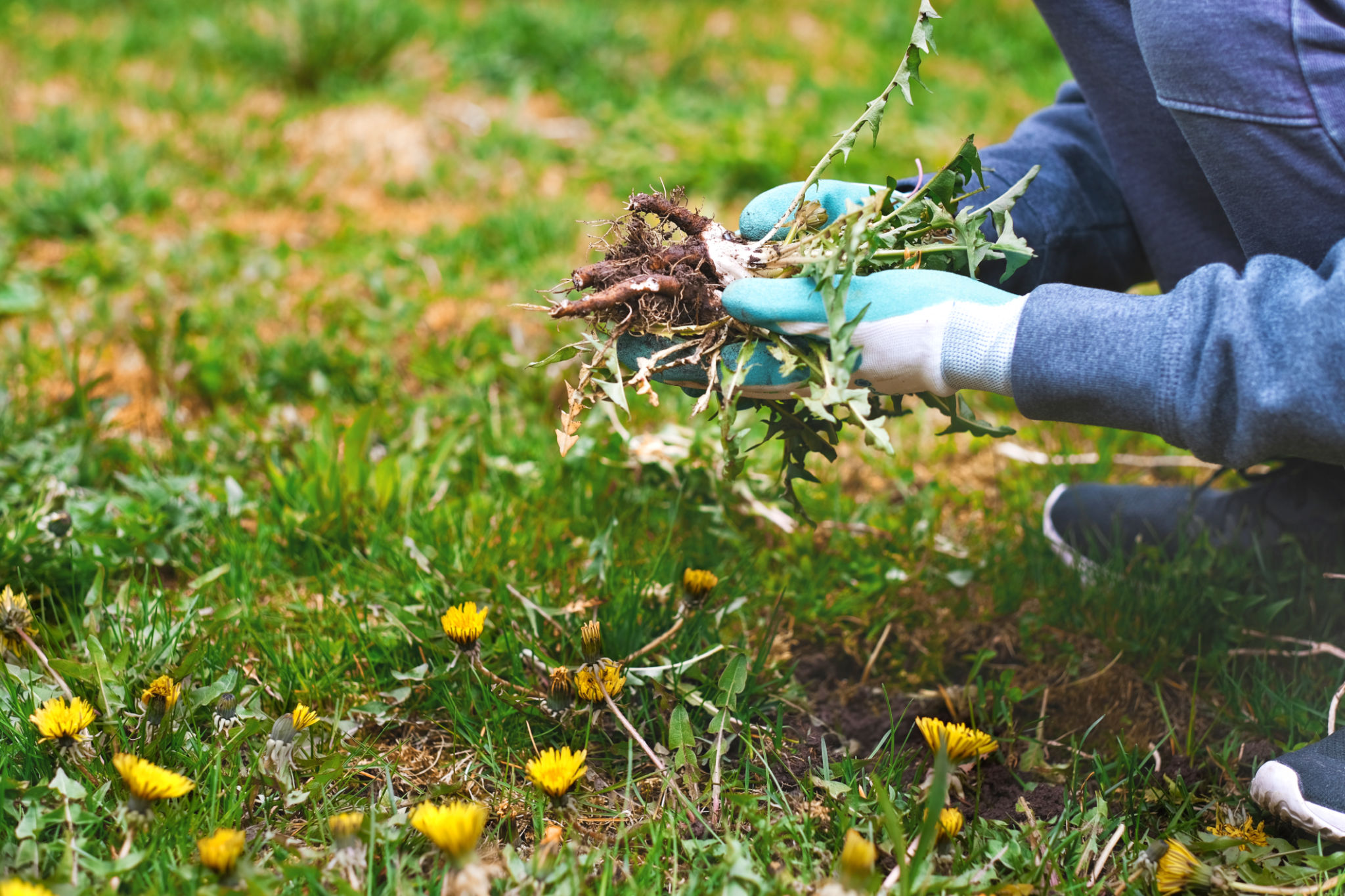Expert Insights: Common Lawn Care Mistakes to Avoid
Understanding the Basics of Lawn Care
Maintaining a lush, green lawn is more than just a matter of aesthetics; it's about creating a healthy outdoor environment that you and your family can enjoy. However, many homeowners often fall into common pitfalls that can lead to more harm than good. Getting the basics right is crucial to avoiding these mistakes and achieving the perfect lawn.
The first step is understanding your lawn's specific needs, which can vary depending on grass type, climate, and soil conditions. Failing to tailor your lawn care routine to these factors can lead to underwhelming results, or worse, damage to your grass.

Overwatering: A Common Misstep
One of the most frequent mistakes in lawn care is overwatering. While it might seem counterintuitive, more water does not always equate to a healthier lawn. Excess water can lead to root rot, fungal diseases, and a host of other problems. Instead, focus on watering deeply but less frequently to encourage robust root growth.
To determine when your lawn needs water, perform a simple test: step on the grass. If it springs back, it doesn’t need watering. If it stays flat, it's time to give it a drink. Generally, lawns require about 1 to 1.5 inches of water per week, including rainfall.
Neglecting Soil Health
Healthy soil is the foundation of a thriving lawn. Unfortunately, many homeowners overlook this crucial aspect. Regularly testing your soil’s pH and nutrient levels can provide valuable insights into what your lawn needs to flourish. Soil that is too acidic or alkaline can hinder grass growth and health.

Amending your soil with the right fertilizers and natural compost can significantly enhance its fertility and structure. This practice not only helps your grass but also promotes beneficial microbial activity within the soil.
Improper Mowing Techniques
Mowing might seem straightforward, but improper techniques can lead to stress and damage to your lawn. One common mistake is cutting the grass too short. This practice, known as "scalping," weakens the grass by reducing its ability to photosynthesize effectively.
Maintain your mower blades sharp and set them to the proper height—usually around 3 inches for most grass types. Regularly changing your mowing pattern can also prevent soil compaction and promote even growth.

Ignoring Seasonal Lawn Care
Lawn care isn't just a springtime affair; it requires year-round attention. Each season presents its own set of challenges and opportunities for lawn maintenance. For instance, fall is a great time for aeration and overseeding, while winter might require measures to protect against frost damage.
By adjusting your lawn care practices according to the season, you can address potential issues before they become major problems. This proactive approach ensures your lawn remains healthy and vibrant throughout the year.
Pest and Weed Control Mismanagement
Pests and weeds are inevitable adversaries in lawn care. However, improper management often exacerbates these issues. Over-reliance on chemical solutions can harm beneficial organisms and lead to resistance among pests and weeds.

Implementing an integrated pest management (IPM) approach that combines cultural, mechanical, biological, and chemical methods can effectively control these nuisances while minimizing environmental impact.
Conclusion: Learning from Mistakes
While the journey to achieving a perfect lawn is filled with potential pitfalls, understanding common mistakes is the first step toward avoiding them. By focusing on proper watering techniques, maintaining soil health, using correct mowing practices, adjusting for seasonal changes, and managing pests and weeds wisely, you can cultivate a lush, healthy lawn that enhances your home's curb appeal.
Remember, patience and consistency are key. By learning from these insights and continuously adapting your approach, you’ll be well on your way to enjoying a beautiful outdoor space for years to come.
